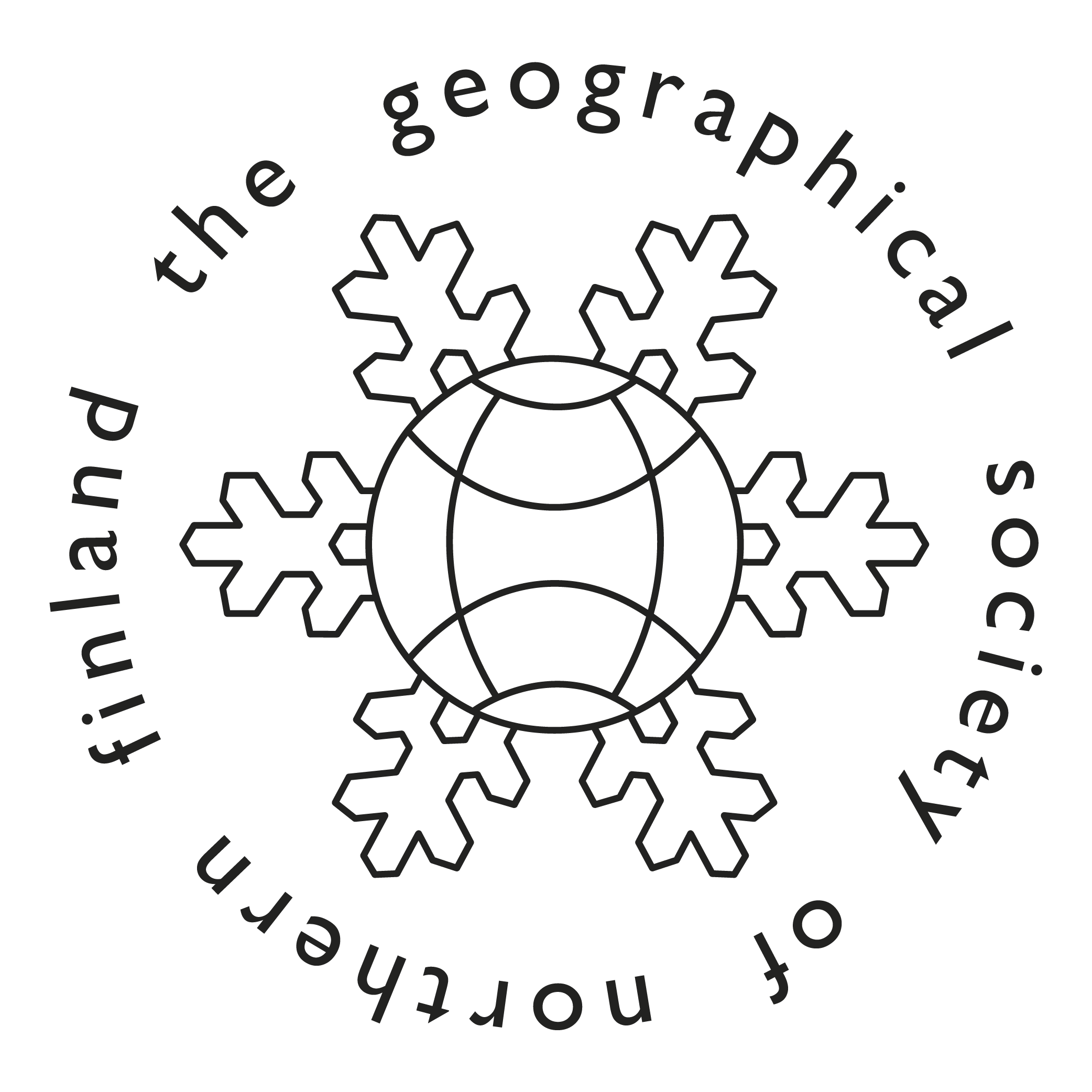Social innovations for inclusive development in tourism – insights from Kemi, Finland
DOI:
https://doi.org/10.30671/nordia.147795Abstract
Tourism is known to bring various benefits, especially in areas where services, employment, and vitality are needed. Yet, local people can be excluded in tourism development processes and as users of tourism services. Such exclusive development can reduce community resilience by focusing on the economic needs and innovations of the industry rather than widely addressing local wishes. As an alternative, inclusive development in tourism emphasizes acknowledging local perspectives and making tourism more beneficial for both locals and tourists. Acknowledging diverse community perspectives, leaving no one behind in development, and maximizing positive tourism impacts are central for enabling more sustainable tourism development, alongside the overarching need for environmentally sustainable tourism. However, research on different community perspectives towards inclusive development in tourism has remained limited. In addition, studies on the means for changing the exclusive development paths are highly needed. This thesis suggests that the diverse perspectives towards tourism development and the means for change can be studied through social innovations. Social innovations can be transformative, multi-sectoral, cooperative processes and outcomes that create social value. They provide alternative options for business-focused innovations and development processes in tourism.
Social innovations and tourism are studied in Kemi, Finland, where tourism has been strongly developed in recent decades. Through an ethnographic approach, local views on tourism are examined via three perspectives: the public sector actors not usually included in tourism development; the actors working directly in tourism; and local young people who are traditionally very little heard in tourism development. It is elaborated what kinds of needs for change the three community groups identify in relation to tourism and what kinds of initiatives have been or are hoped to be carried out for realizing the change. Three actualized social innovations and three social innovation propositions are introduced and their contribution to inclusive development and community resilience-building, in relation to tourism, is examined.
The aim of the thesis is to examine tourism through social innovations as part of inclusive development and community resilience-building and to further evaluate the potential of social innovations to enhance sustainability. Thus, it is studied how social innovations contribute to inclusive development and community resilience-building in relation to tourism and, in this context, to sustainability; how different local community members (public sector actors, actors working directly in tourism, and young people) perceive tourism development and tourism in Kemi; and how social innovations contribute to inclusive development and community resilience-building in relation to tourism and, further, to sustainability in Kemi.
The findings indicate that locals identify needs for more inclusive development in tourism in terms of services and co-operation in development. Local social innovations (a cooking club and a youth service centre) not directly linked with tourism can provide insights of how tourism could benefit wide needs in communities. Social innovations in tourism (a locally embedded tourism development project renewing an old industrial island into a recreation area) and social innovation propositions in tourism (a platform for enhancing the flow of information regarding tourism; and a movie theatre or a petrol station for finding a space for hanging out) can diversify available services for addressing local needs. Thus, the results show that social innovations can help with shedding light on the entangled nature of tourism and communities and bring understanding of the context of tourism development by noticing the local challenges and needs as well as novel possibilities and ideas for change. In particular, social innovations can challenge the status quo of tourism by bringing out non-traditional perspectives in development and by redirecting the focus of tourism towards local needs, beyond the usual business-centred perspectives. Furthermore, social innovations can bring value that is first and foremost social, yet also potentially economically and environmentally relevant. In addition, they can provide a methodological tool for tourism development. In these ways, social innovations enhance inclusive development in tourism and build community resilience, as well as contribute to enhancing sustainability. Particularly, social innovations can help in narrowing down the wide sustainability goals into practical processes. Yet, it is also important to remember that the value social innovations create can be perspective dependent.
Thus, the thesis argues that 1) social innovations can challenge the state of tourism development by emphasizing socially embedded development over business-focused processes and initiatives, 2) social innovations can enhance inclusive development and build community resilience by directing tourism towards local needs and by identifying non-traditional perspectives in planning and development, and 3) social innovations can contribute to enhancing sustainability, yet the contribution requires critical evaluation as well because social innovations do not necessarily holistically address the sustainability issues of tourism.
Conclusively, inclusive development and community resilience-building informed by social innovations can, eventually, contribute to enhancing sustainability and its core idea of leaving no one behind in development, as well as to the need to minimize the negative impacts of tourism and maximize the positive. However, their contribution to comprehensive sustainability requires also critical evaluation and further research, especially by acknowledging the interlinked needs for sustaining socio-environmental systems at multiple scales.

Downloads
Published
Issue
Section
License
Copyright (c) 2024 Mari Partanen

This work is licensed under a Creative Commons Attribution-NonCommercial-NoDerivatives 4.0 International License.






